In this week’s episode, insights on transcutaneous and epidural stimulation are discussed, along with pairing spinal cord stimulation with ABT by Dr. Sukhvinder Kalsi-Ryan and Dr. Andrei Krassioukov, Dr. Adalberto Loyola-Sanchez talks about receiving patients who have had stimulation implanted abroad, access to healthcare and ABT, and the new CONCENTRIC model of care for spinal cord rehabilitation.
 Dr. Sukhvinder Kalsi-Ryan is a Clinician Scientist in the field of upper limb assessment and recovery and spine pathology at KITE Research Institute-UHN, and is also an Assistant Professor at the University of Toronto, Department of Physical Therapy. Her research is oriented to establishing methods to quantify neurological change after injury and studying neuro-restorative methods to enhance and optimize function for those with neurological impairment.
Dr. Sukhvinder Kalsi-Ryan is a Clinician Scientist in the field of upper limb assessment and recovery and spine pathology at KITE Research Institute-UHN, and is also an Assistant Professor at the University of Toronto, Department of Physical Therapy. Her research is oriented to establishing methods to quantify neurological change after injury and studying neuro-restorative methods to enhance and optimize function for those with neurological impairment.
In her current role as the PI of the Upper Extremity Neuro-Restorative Innovations Lab and Lead of the Rocket Clinic-North, she builds a strong research foundation that will propel the clinic, enhancing access to care for patients with spinal cord injury (SCI) and implementing new innovations and technologies. Dr. Kalsi-Ryan provides academic teaching within the Neurosurgical Resident training and Physical Therapy programs at the University of Toronto. She is the founder of her own company, which manufactures the GRASSP and acts as a consultant for neurological trials worldwide. Her interests include: outcome measurement, upper limb recovery, traumatic and non-traumatic SCI, quantification of neurological disorders and sustainability of research enterprises.
 Dr. Andrei Krassioukov is a clinician-scientist and an internationally recognized leading expert in the area of autonomic dysfunctions and rehabilitation of individuals with SCI. He is currently a professor at the Division of Physical Medicine and Rehabilitation, Department of Medicine, and Associate Director and a Scientist at the International Collaboration on Repair Discovery (ICORD). Prof. Krassioukov also holds an endowed Chair position in Spinal Cord Rehabilitation Research at the University of British Columbia and International Autonomic Standards Committee for the American Spinal Injury Association and International Spinal Cord Society (ASIA/ISCoS). He is also a Staff Physician at the SCI program at the GF Strong Rehabilitation Centre in Vancouver.
Dr. Andrei Krassioukov is a clinician-scientist and an internationally recognized leading expert in the area of autonomic dysfunctions and rehabilitation of individuals with SCI. He is currently a professor at the Division of Physical Medicine and Rehabilitation, Department of Medicine, and Associate Director and a Scientist at the International Collaboration on Repair Discovery (ICORD). Prof. Krassioukov also holds an endowed Chair position in Spinal Cord Rehabilitation Research at the University of British Columbia and International Autonomic Standards Committee for the American Spinal Injury Association and International Spinal Cord Society (ASIA/ISCoS). He is also a Staff Physician at the SCI program at the GF Strong Rehabilitation Centre in Vancouver.
Prof. Krassioukov’s research is focused on autonomic dysfunctions following SCI and his laboratory is supported by grants from the Canadian Institute for Health Research, Heart and Stroke Foundation, Canadian Foundation for Innovation, Praxis Spinal Cord Institute, Rick Hansen Foundation, Craig Neilsen Foundation, Christopher and Dana Reeve Foundation, Wings for Life and many others. He has published more than 300 peer-reviewed manuscripts, books, book chapters and reviews. He is a member of numerous advisory boards for the international agencies involved in research in the area of SCI and disability. Prof. Krassioukov’s works in the area of SCI has been recognized through numerous national and international awards, including the inaugural Alan Brown Award from American Spinal Injury Association (ASIA). Prof. Krassioukov was inducted as a fellow of the Canadian Academy of Health Sciences. Presently, Dr. Krassioukov is the President of the American Spinal Injury Association (ASIA).
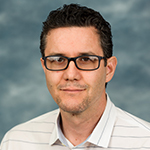 Dr. Adalberto Loyola-Sanchez, earned his MD, Specialist in Physical Medicine and Rehabilitation from Universidad Autónoma de México, MSc and PhD in Rehabilitation Sciences from McMaster University and is currently the Assistant Professor, Division of Physical Medicine & Rehabilitation/ Department of Medicine at University of Alberta.
Dr. Adalberto Loyola-Sanchez, earned his MD, Specialist in Physical Medicine and Rehabilitation from Universidad Autónoma de México, MSc and PhD in Rehabilitation Sciences from McMaster University and is currently the Assistant Professor, Division of Physical Medicine & Rehabilitation/ Department of Medicine at University of Alberta.
Dr. Loyola-Sanchez has been working on developing a program of research to design, implement and evaluate community-based rehabilitation programs for people living with disabilities produced by chronic illnesses in outreach communities. This program has mainly focused on underserved populations. He is currently working clinically in the SCI program at the Glenrose Rehabilitation Hospital in Edmonton and, together with Dr. Chester Ho, is leading a Canadian Institute of Health Research (CIHR) funded project to create a hub and spokes system through a community based participatory research strategy developing a model of care to improve the transitions of care for people living with SCI in Alberta.
Dr. Loyola-Sanchez is the new principal investigator of the Rick Hansen Spinal Cord Injury Registry-Edmonton site and is leading a community-based initiative to increase the sense of community for people living with SCI, service providers, and family in the Province of Alberta, utilizing a monthly webinar format. This initiative is known and the Spinal Cord Injury Community of Interactive Learning Series (AB-SCILS). This work has led to collaborations with community services that focus on Activity-Based Therapy.
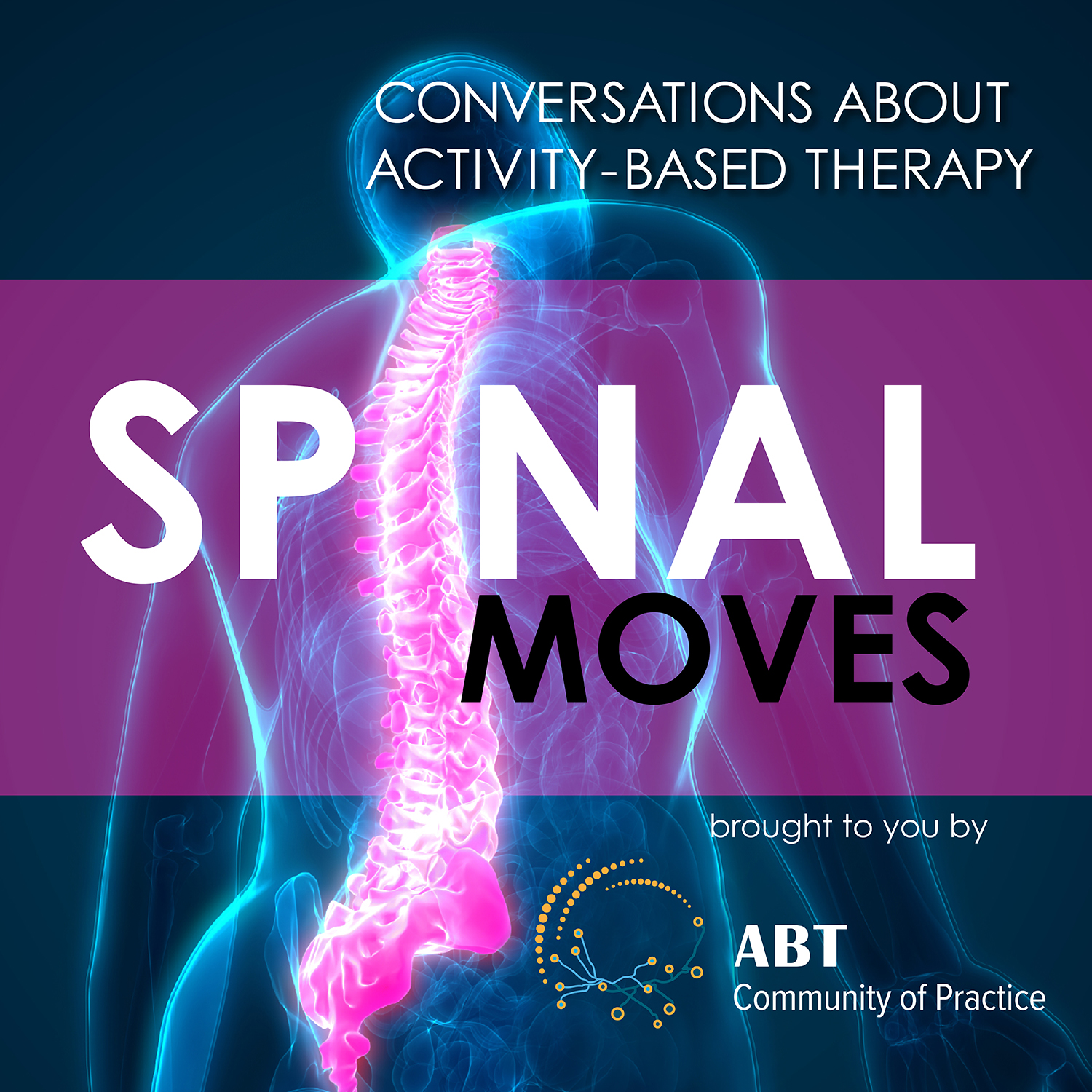
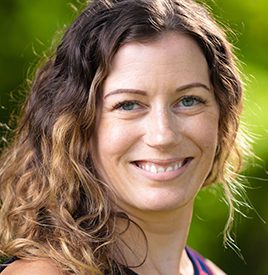 Hope Jervis Rademeyer is a physical therapist and PhD candidate in Rehabilitation Science at the University of Toronto. Her thesis project investigates the use of technology to augment traditional rehabilitation for people with spinal cord injury or disease. She also works in private practice with a focus on sport performance.
Hope Jervis Rademeyer is a physical therapist and PhD candidate in Rehabilitation Science at the University of Toronto. Her thesis project investigates the use of technology to augment traditional rehabilitation for people with spinal cord injury or disease. She also works in private practice with a focus on sport performance.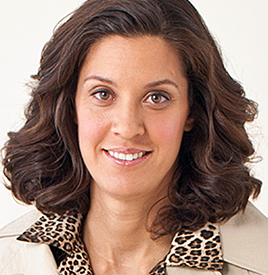 Anita Kaiser is a Vanier Scholar and doctoral student in Rehabilitation Sciences at the University of Toronto. Her research specializes in the development of tools to track participation and performance for individuals engaged in activity-based therapy. Anita is the Director of Research for the Canadian Spinal Research Organization and a Research Trainee at KITE-Toronto Rehab-University Health Network. In her spare time, Anita models for Izzy Camillleri’s IZ Adaptive Clothing.
Anita Kaiser is a Vanier Scholar and doctoral student in Rehabilitation Sciences at the University of Toronto. Her research specializes in the development of tools to track participation and performance for individuals engaged in activity-based therapy. Anita is the Director of Research for the Canadian Spinal Research Organization and a Research Trainee at KITE-Toronto Rehab-University Health Network. In her spare time, Anita models for Izzy Camillleri’s IZ Adaptive Clothing.

 Dr. Kristin Musselman is a physical therapist, Assistant Professor in the Department of Physical Therapy at the University of Toronto, and a Scientist at KITE-Toronto Rehabilitation Institute. She completed BSc degrees in Life Sciences and Physical Therapy at Queen’s University in Kingston, ON, and an MSc in Neuroscience and PhD in Rehabilitation Science at the University of Alberta. Dr. Musselman was a Post-doctoral Fellow at the Johns Hopkins School of Medicine and Kennedy Krieger Institute from 2010-2013. The overarching aim of Dr. Musselman’s research is to develop innovative, clinically feasible approaches to restore movement, function and participation for individuals living with complex neurological disease across the lifespan.
Dr. Kristin Musselman is a physical therapist, Assistant Professor in the Department of Physical Therapy at the University of Toronto, and a Scientist at KITE-Toronto Rehabilitation Institute. She completed BSc degrees in Life Sciences and Physical Therapy at Queen’s University in Kingston, ON, and an MSc in Neuroscience and PhD in Rehabilitation Science at the University of Alberta. Dr. Musselman was a Post-doctoral Fellow at the Johns Hopkins School of Medicine and Kennedy Krieger Institute from 2010-2013. The overarching aim of Dr. Musselman’s research is to develop innovative, clinically feasible approaches to restore movement, function and participation for individuals living with complex neurological disease across the lifespan.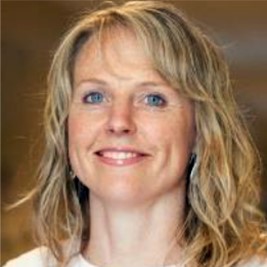 Kristen Walden, BScPT, is currently a National Clinical Liaison for the Praxis Spinal Cord Institute and a physiotherapist at Vancouver Coastal Health. Clinically, she has practiced in the area of spinal cord injury for over 19 years, working with individuals in intensive care, acute care, as well as both inpatient and outpatient rehabilitation settings. In her role at Praxis, Kristen works on a number of research and best practice initiatives, with the aim of improving care for individuals with SCI/D across the country.
Kristen Walden, BScPT, is currently a National Clinical Liaison for the Praxis Spinal Cord Institute and a physiotherapist at Vancouver Coastal Health. Clinically, she has practiced in the area of spinal cord injury for over 19 years, working with individuals in intensive care, acute care, as well as both inpatient and outpatient rehabilitation settings. In her role at Praxis, Kristen works on a number of research and best practice initiatives, with the aim of improving care for individuals with SCI/D across the country.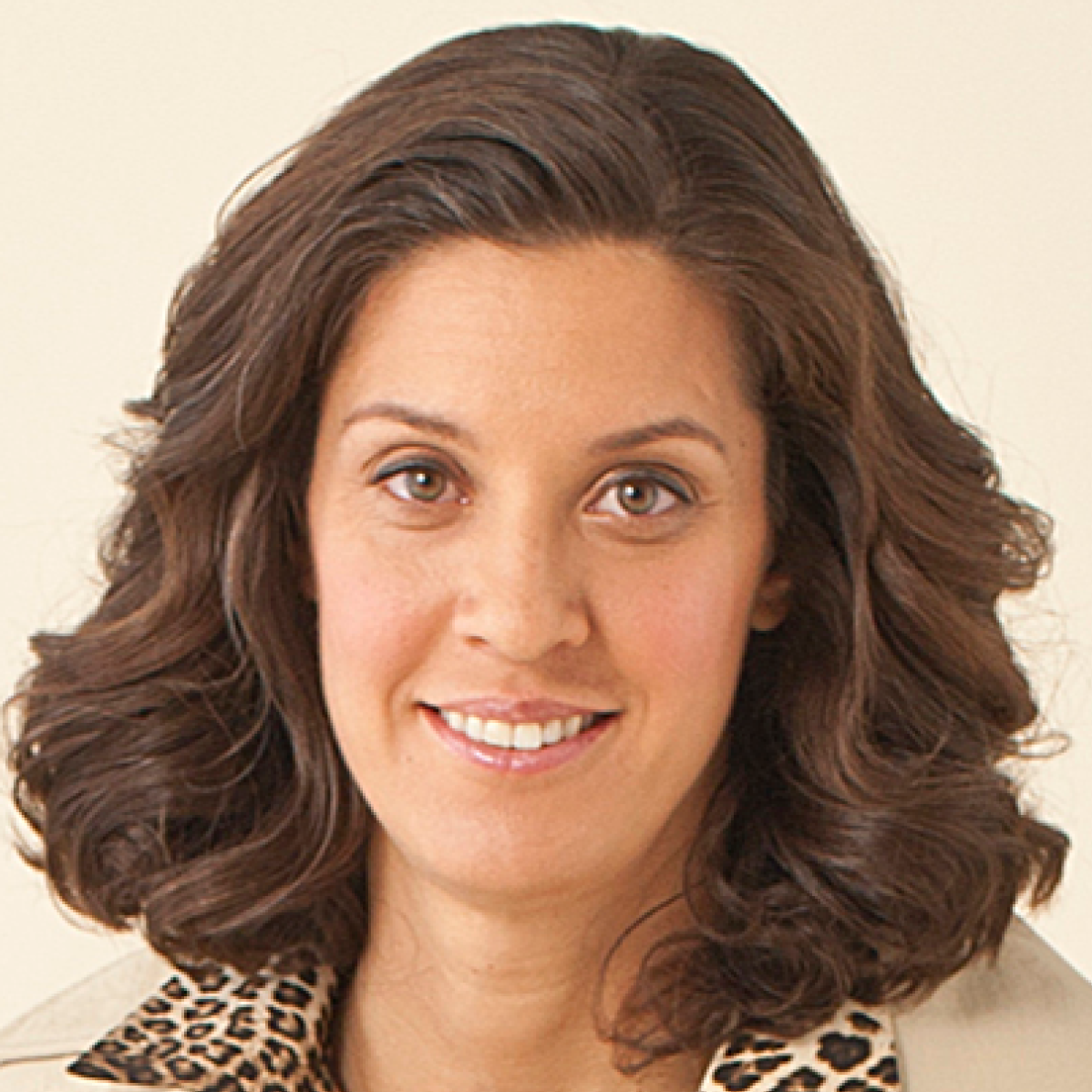 Anita Kaiser is a Vanier Scholar and doctoral student in Rehabilitation Sciences at the University of Toronto. Her research specializes in the development of tools to track participation and performance for individuals engaged in activity-based therapy. Anita is the Director of Research for the Canadian Spinal Research Organization and a Research Trainee at KITE-Toronto Rehab-University Health Network. In her spare time, Anita models for Izzy Camillleri’s IZ Adaptive Clothing.
Anita Kaiser is a Vanier Scholar and doctoral student in Rehabilitation Sciences at the University of Toronto. Her research specializes in the development of tools to track participation and performance for individuals engaged in activity-based therapy. Anita is the Director of Research for the Canadian Spinal Research Organization and a Research Trainee at KITE-Toronto Rehab-University Health Network. In her spare time, Anita models for Izzy Camillleri’s IZ Adaptive Clothing.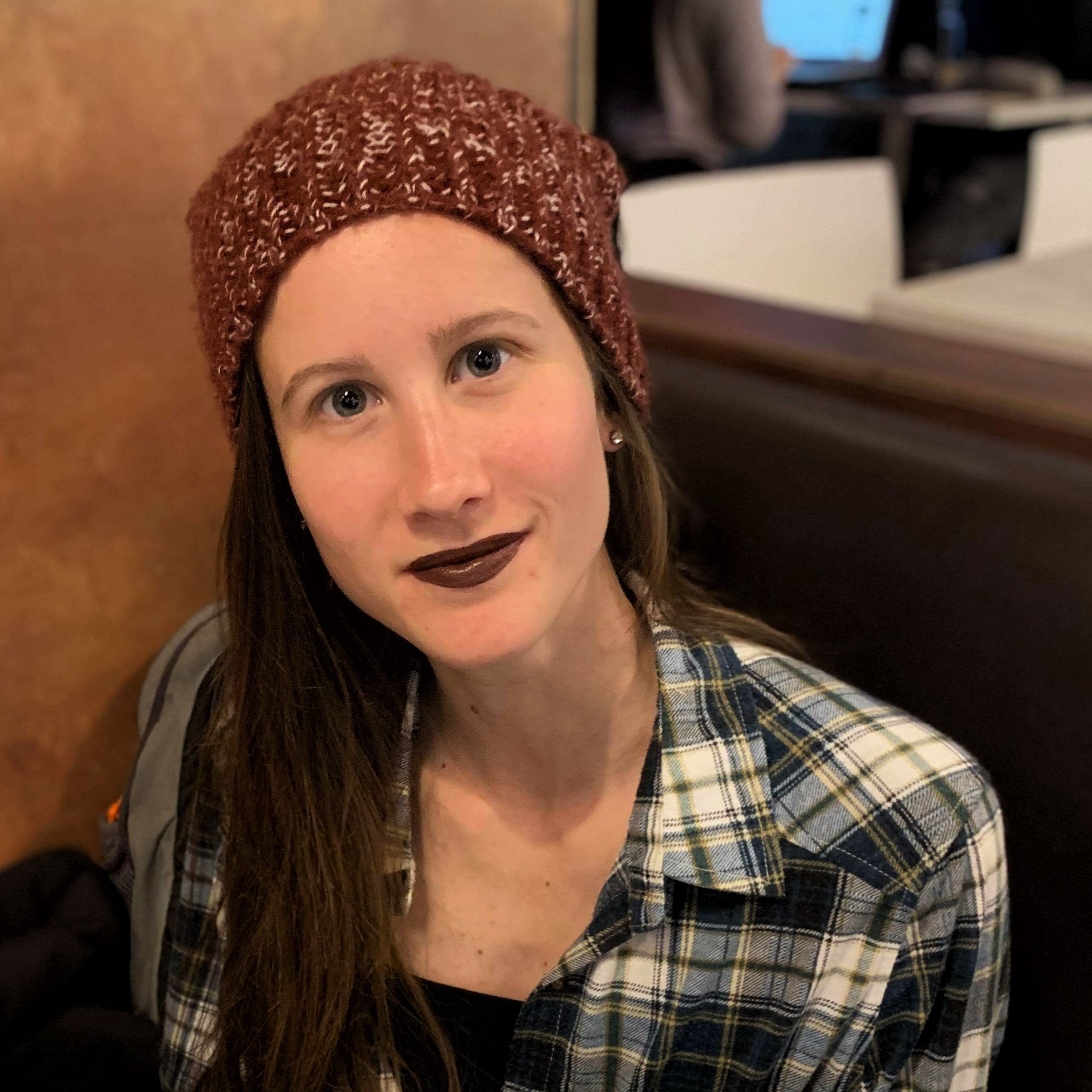 Andrea Nelson is an L1 incomplete paraplegic who is ambulatory and uses both a manual wheelchair and forearm crutches to get around. She was injured in 2017 in a skydiving accident and has been doing ABT consistently for the last 3 years. She loves being outside and staying active with activities like hiking, biking, and kayaking.
Andrea Nelson is an L1 incomplete paraplegic who is ambulatory and uses both a manual wheelchair and forearm crutches to get around. She was injured in 2017 in a skydiving accident and has been doing ABT consistently for the last 3 years. She loves being outside and staying active with activities like hiking, biking, and kayaking.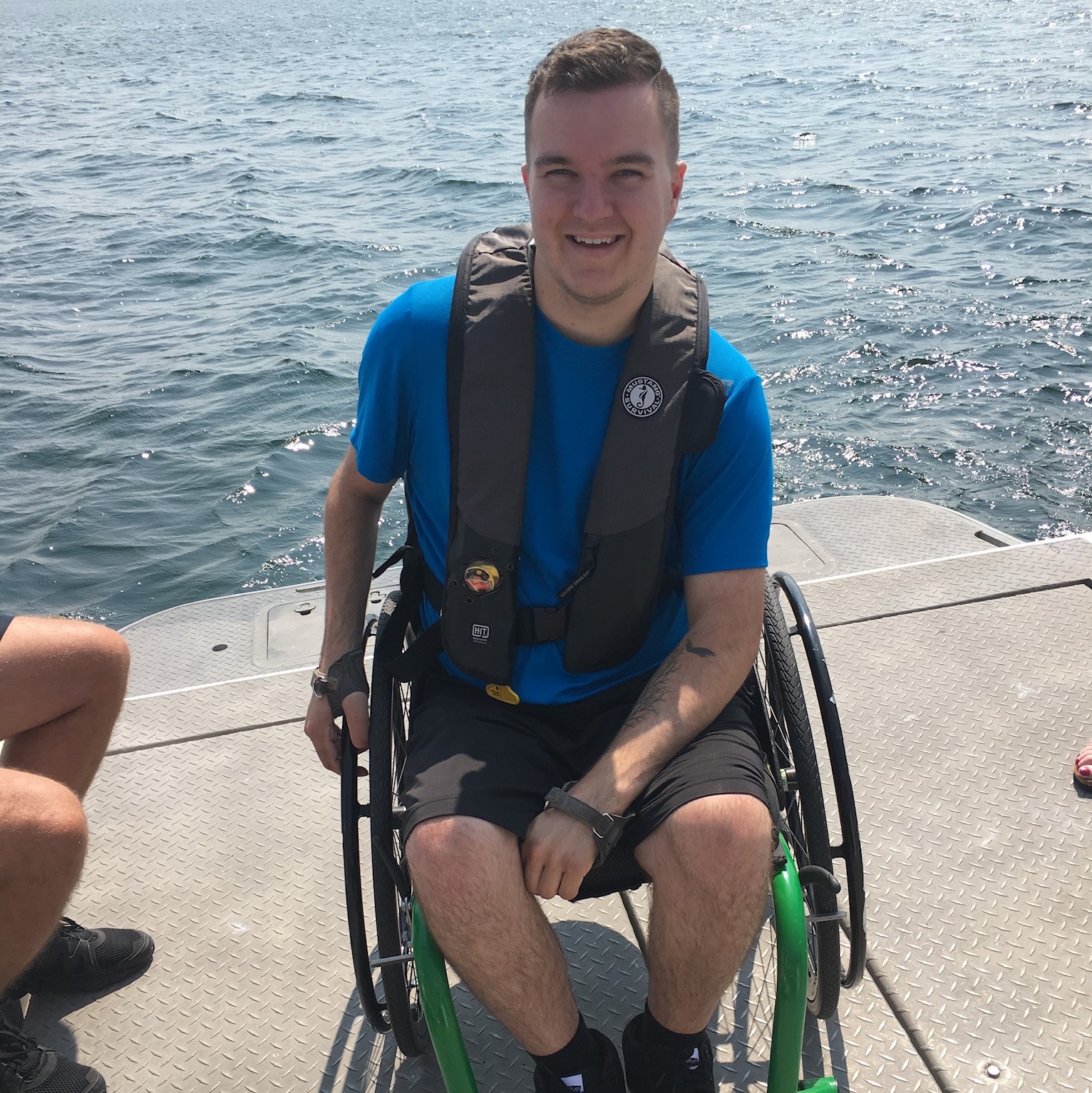 Chris Rice sustained an incomplete C7 spinal cord injury in 2012. He has been participating in ABT both at home and at a facility in Newmarket, Ontario since that time. He continues to see consistent progress in his recovery and is always seeking new treatment options. Chris recently went skydiving with a friend of his who is also a paraplegic.
Chris Rice sustained an incomplete C7 spinal cord injury in 2012. He has been participating in ABT both at home and at a facility in Newmarket, Ontario since that time. He continues to see consistent progress in his recovery and is always seeking new treatment options. Chris recently went skydiving with a friend of his who is also a paraplegic. John Cobb, BScOT graduated from the University of British Columbia School of Occupational Therapy in 1993. As a student, it was on the Acute Spinal Cord Injury Unit that he recognised he wanted to devote his time and skills to this unique population. 28 years later, John is still with the Acute Spine Unit and is the senior occupational therapist. He has participated in clinical work, teaching, and SCI-based research and program development projects.
John Cobb, BScOT graduated from the University of British Columbia School of Occupational Therapy in 1993. As a student, it was on the Acute Spinal Cord Injury Unit that he recognised he wanted to devote his time and skills to this unique population. 28 years later, John is still with the Acute Spine Unit and is the senior occupational therapist. He has participated in clinical work, teaching, and SCI-based research and program development projects.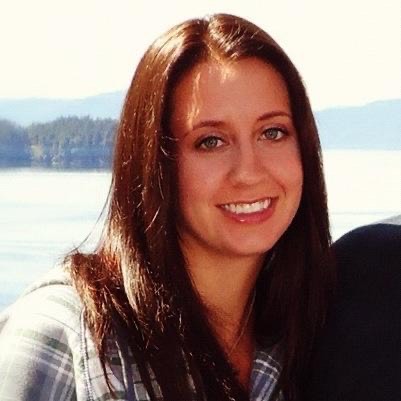 Sandi Marshall is the Manager at First Steps Wellness Centre in Regina, SK. She obtained her Bachelor of Kinesiology from the University of Regina and after working in healthcare for five years joined the First Steps team in 2013 as an Exercise Therapist. Initially working mainly with adults with spinal cord injury, Sandi led the expansion of First Steps to include a Children’s Neuro Rehabilitation ABT Program. Over the past 3 years the Children’s Program has become the most comprehensive in Canada and has proven to be a passion for Sandi.
Sandi Marshall is the Manager at First Steps Wellness Centre in Regina, SK. She obtained her Bachelor of Kinesiology from the University of Regina and after working in healthcare for five years joined the First Steps team in 2013 as an Exercise Therapist. Initially working mainly with adults with spinal cord injury, Sandi led the expansion of First Steps to include a Children’s Neuro Rehabilitation ABT Program. Over the past 3 years the Children’s Program has become the most comprehensive in Canada and has proven to be a passion for Sandi. Shane McCullum, MScPT is currently the Clinical Trials Manager at the Stan Cassidy Centre for Rehabilitation (SCCR) in Fredericton, New Brunswick. He has worked with patients with neurological conditions for 11 years, beginning as a clinician (Physio) and as a researcher for the past 9 years. Shane has been a coordinator for the Rick Hansen SCI Registry at SCCR since 2011, and has been a part of the Standing and Walking Measures working group since its formation. He has worked on several projects during his years as a researcher but has a special interest in research into mobility improvements and functional electrical stimulation (FES).
Shane McCullum, MScPT is currently the Clinical Trials Manager at the Stan Cassidy Centre for Rehabilitation (SCCR) in Fredericton, New Brunswick. He has worked with patients with neurological conditions for 11 years, beginning as a clinician (Physio) and as a researcher for the past 9 years. Shane has been a coordinator for the Rick Hansen SCI Registry at SCCR since 2011, and has been a part of the Standing and Walking Measures working group since its formation. He has worked on several projects during his years as a researcher but has a special interest in research into mobility improvements and functional electrical stimulation (FES). Lovisa Cheung BScKin, MScPT Candidate, is a doctoral student in Rehabilitation Sciences at the University of Toronto. She completed her BSc (Kinesiology) at McMaster University and her MScPT at the University of Toronto. She has been involved in research studying activity-based therapy for individuals with spinal cord injury, and her future research will involve studying athletes with neurological conditions including spinal cord injury and cerebral palsy. In her leisure, Lovisa is a dog-mom who enjoys camping, hiking, and training in the sport of Olympic weightlifting.
Lovisa Cheung BScKin, MScPT Candidate, is a doctoral student in Rehabilitation Sciences at the University of Toronto. She completed her BSc (Kinesiology) at McMaster University and her MScPT at the University of Toronto. She has been involved in research studying activity-based therapy for individuals with spinal cord injury, and her future research will involve studying athletes with neurological conditions including spinal cord injury and cerebral palsy. In her leisure, Lovisa is a dog-mom who enjoys camping, hiking, and training in the sport of Olympic weightlifting. Dr. Cindy Gauthier is a physiotherapist who graduated from the Université de Montréal in 2013. She did her PhD degree under the supervision of Dr. Dany Gagnon form the Université the Montréal and Dr. Audrey L. Hicks from McMaster University. In 2018, she obtained her PhD from the School of Rehabilitation of the Université de Montréal. In 2019, she joined the SCI-Mobility Lab for a postdoctoral fellowship with Dr. Kristin Musselman after being awarded with The Rick and Amanda Hansen Fellowship, in partnership with Praxis and ONF. During her fellowship, she is studying the effects of electrical stimulation during functional activity and activity-based therapy trainings among individuals with spinal cord injury. She is also part of the
Dr. Cindy Gauthier is a physiotherapist who graduated from the Université de Montréal in 2013. She did her PhD degree under the supervision of Dr. Dany Gagnon form the Université the Montréal and Dr. Audrey L. Hicks from McMaster University. In 2018, she obtained her PhD from the School of Rehabilitation of the Université de Montréal. In 2019, she joined the SCI-Mobility Lab for a postdoctoral fellowship with Dr. Kristin Musselman after being awarded with The Rick and Amanda Hansen Fellowship, in partnership with Praxis and ONF. During her fellowship, she is studying the effects of electrical stimulation during functional activity and activity-based therapy trainings among individuals with spinal cord injury. She is also part of the  Dr. Chester Ho is a clinician, researcher, and health services administrator. His academic work integrates all three aspects of his career so that it will directly impact the lives and well-being of persons with spinal cord injury (SCI). He has a special clinical and research interest in the rehabilitation of persons with SCI, specifically on the management and rehabilitation of complications following SCI, such as pressure injuries and the use of functional electrical stimulation in the promotion of function and mobility, as well as on the health services delivery of SCI rehabilitation.
Dr. Chester Ho is a clinician, researcher, and health services administrator. His academic work integrates all three aspects of his career so that it will directly impact the lives and well-being of persons with spinal cord injury (SCI). He has a special clinical and research interest in the rehabilitation of persons with SCI, specifically on the management and rehabilitation of complications following SCI, such as pressure injuries and the use of functional electrical stimulation in the promotion of function and mobility, as well as on the health services delivery of SCI rehabilitation. Dr. Domink Zbogar grew up in Toronto, where he studied Kinesiology at York University to pursue his MSc at the University of British Columbia, investigating exercise response in spinal cord injury. He continued his work in SCI research, completing a PhD in the Faculty of Medicine, with work aimed at opening the “black box” of SCI rehabilitation. Today Dominik works as the Research Coordinator of
Dr. Domink Zbogar grew up in Toronto, where he studied Kinesiology at York University to pursue his MSc at the University of British Columbia, investigating exercise response in spinal cord injury. He continued his work in SCI research, completing a PhD in the Faculty of Medicine, with work aimed at opening the “black box” of SCI rehabilitation. Today Dominik works as the Research Coordinator of  Dr. Laurent Bouyer received a BSc degree in Honors Neurophysiology from McGill University in 1990 and then a PhD from the Aerospace Medical Research Unit at McGill in 1996. He then completed a postdoctoral fellowship at Université de Montréal on animal models of motor control after spinal cord injury (1996-2001). He is now a full-time Professor in the Department of Rehabilitation at Laval University, the Director of the Neuroscience Research Center, and a Researcher at the Center for Interdisciplinary Research in Rehabilitation and Social Integration (CIRRIS).
Dr. Laurent Bouyer received a BSc degree in Honors Neurophysiology from McGill University in 1990 and then a PhD from the Aerospace Medical Research Unit at McGill in 1996. He then completed a postdoctoral fellowship at Université de Montréal on animal models of motor control after spinal cord injury (1996-2001). He is now a full-time Professor in the Department of Rehabilitation at Laval University, the Director of the Neuroscience Research Center, and a Researcher at the Center for Interdisciplinary Research in Rehabilitation and Social Integration (CIRRIS).  Dr. Sukhvinder Kalsi-Ryan is a Clinician Scientist in the field of upper limb assessment and recovery and spine pathology at KITE Research Institute-UHN, and is also an Assistant Professor at the University of Toronto, Department of Physical Therapy. Her research is oriented to establishing methods to quantify neurological change after injury and studying neuro-restorative methods to enhance and optimize function for those with neurological impairment.
Dr. Sukhvinder Kalsi-Ryan is a Clinician Scientist in the field of upper limb assessment and recovery and spine pathology at KITE Research Institute-UHN, and is also an Assistant Professor at the University of Toronto, Department of Physical Therapy. Her research is oriented to establishing methods to quantify neurological change after injury and studying neuro-restorative methods to enhance and optimize function for those with neurological impairment.  Dr. Andrei Krassioukov is a clinician-scientist and an internationally recognized leading expert in the area of autonomic dysfunctions and rehabilitation of individuals with SCI. He is currently a professor at the Division of Physical Medicine and Rehabilitation, Department of Medicine, and Associate Director and a Scientist at the
Dr. Andrei Krassioukov is a clinician-scientist and an internationally recognized leading expert in the area of autonomic dysfunctions and rehabilitation of individuals with SCI. He is currently a professor at the Division of Physical Medicine and Rehabilitation, Department of Medicine, and Associate Director and a Scientist at the  Dr. Adalberto Loyola-Sanchez, earned his MD, Specialist in Physical Medicine and Rehabilitation from Universidad Autónoma de México, MSc and PhD in Rehabilitation Sciences from McMaster University and is currently the Assistant Professor, Division of Physical Medicine & Rehabilitation/ Department of Medicine at University of Alberta.
Dr. Adalberto Loyola-Sanchez, earned his MD, Specialist in Physical Medicine and Rehabilitation from Universidad Autónoma de México, MSc and PhD in Rehabilitation Sciences from McMaster University and is currently the Assistant Professor, Division of Physical Medicine & Rehabilitation/ Department of Medicine at University of Alberta.  Bean Gill graduated from the Northern Alberta Institute of Technology in 2003. Born in Edmonton, Bean grew up to become an x-ray technologist whose career was cut short by a virus that left her paralyzed from the waist down in July 2012. Now, she successfully runs a growing non-profit organization called ReYu Paralysis Recovery Centre, and is changing the way the public sees people with disabilities.
Bean Gill graduated from the Northern Alberta Institute of Technology in 2003. Born in Edmonton, Bean grew up to become an x-ray technologist whose career was cut short by a virus that left her paralyzed from the waist down in July 2012. Now, she successfully runs a growing non-profit organization called ReYu Paralysis Recovery Centre, and is changing the way the public sees people with disabilities. Heather Cairns-Mills is the Founder and President of Walk It Off Spinal Cord Wellness Centre Inc. She received her BA in Psychology from York University and spent 3 years studying physical education. In 1995, Heather earned her Certificate in Ambulance and Emergency Care from Centennial College and later received Provincial Advance Care Paramedic Certificate from Sunnybrook Center for Prehospital Medicine.
Heather Cairns-Mills is the Founder and President of Walk It Off Spinal Cord Wellness Centre Inc. She received her BA in Psychology from York University and spent 3 years studying physical education. In 1995, Heather earned her Certificate in Ambulance and Emergency Care from Centennial College and later received Provincial Advance Care Paramedic Certificate from Sunnybrook Center for Prehospital Medicine.